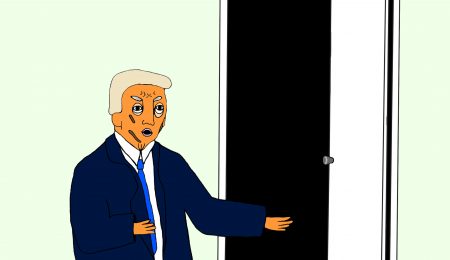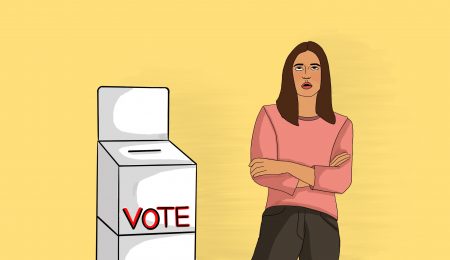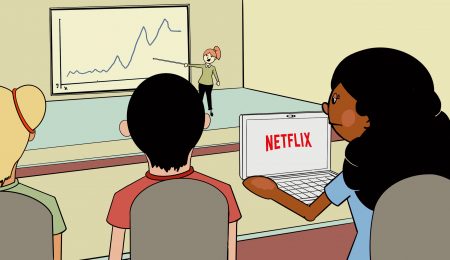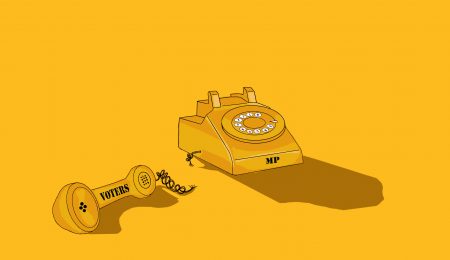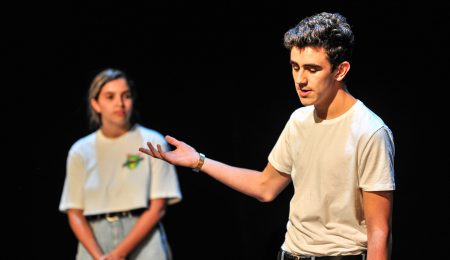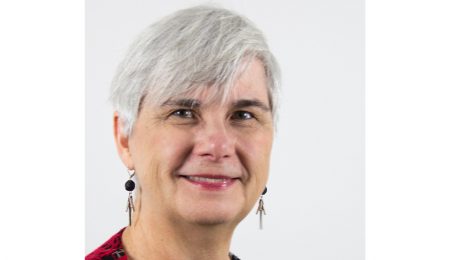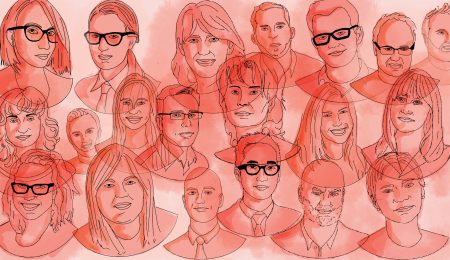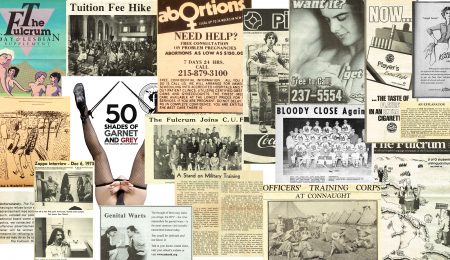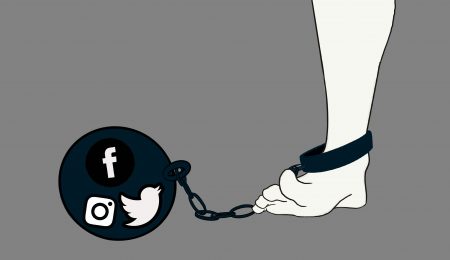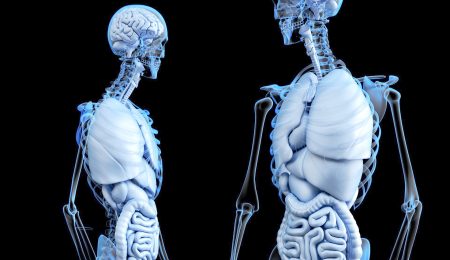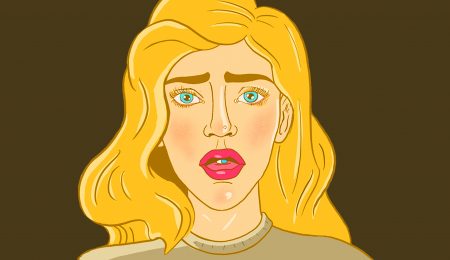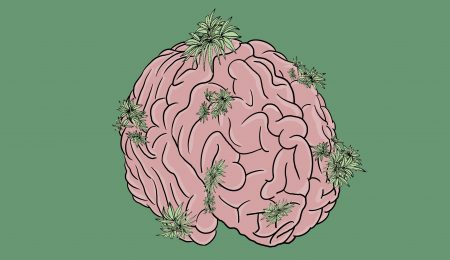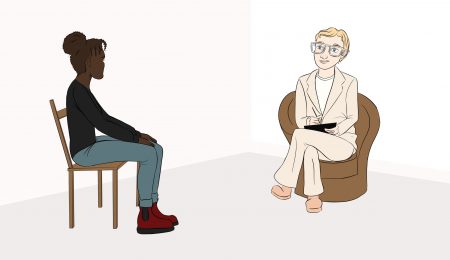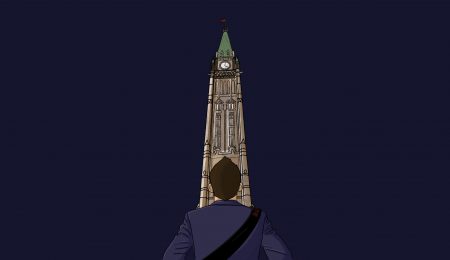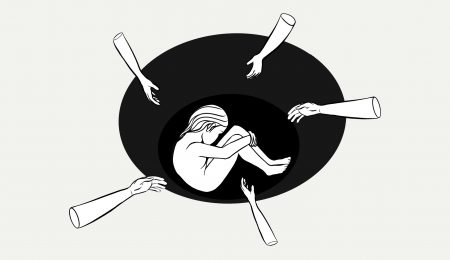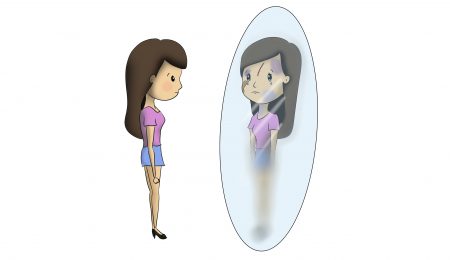We may not have flying cars, but in the age of cult-hit film Blade Runner, experts are already considering the dilemmas of morality presented in Ridley Scott’s masterpiece.
Features
From health to academics to social life, university students with chronic illnesses have to prioritize things a little differently. Take a look inside their lives and find out what the university is and isn’t doing to help.
“The idea that is being broadcast to millennials is that they can and should have it all — the only thing standing between them and unimaginable success is laziness.”
Underdog candidates all over the country will hope Monday is their lucky day as they cross the finish line on grueling campaigns. For most, their campaign objective was simple: find an effective way to get your name and ideas out in the community to convince people that you deserve their vote on election day. But as an underdog up against a better-funded and better-known opponent this task can be near-impossible.
Over the past 100 years, therapy that sought to force heterosexuality — acquiring the name “conversion therapy” in the 1970s — has been present in Canada. But a mixture of shame and pseudoscience has always been at the root of conversion therapy.
The complex dynamics of the Canada-U.S. bilateral relationship In 1969, former prime minister Pierre Trudeau described the relationship between Canada and the United States in a memorable analogy. “Living next to you is in some ways like sleeping with an elephant. No matter how friendly and even-tempered is the beast, if I can call it …
Canada is a country rich in demographics — and a diverse age-range of voters is just one example of that. However, some age groups seem to be less represented in the democratic process than others — namely, the voting-age youth.
“In the early nineties, we worried about kids passing notes, that was a distraction in class. We were taught how you intercept notes and the protocol on note-passing. We’ve just way surpassed that,” one local high school teacher says.
Art is being used as a therapeutic tool more and more often — but artists are faced with a higher probability of mental illness than the general population.
Is party discipline a necessarily Canadian political institution or is suffocating the democratic process?
High school students are using theatre to keep the stories of abuse and perseverance at Bell High School alive at Ottawa’s Fringe Festival.
Leslie Weir, the University of Ottawa’s former university librarian, has been appointed as the next librarian archivist of Canada
The incidence rate for shingles has been increasing among many age groups, but experts aren’t exactly sure why.
“School’s great, but getting involved with the Fulcrum is so much better.” — Katherine DeClerq, Fulcrum alum.
From the waging of war to the negotiation of peace and the formation of institutions to maintain it, the Fulcrum has witnessed and documented it all since its establishment in 1942.
Based on numerous trips to the U of O’s archives and interviews with alumni, this is the unofficial history of the Fulcrum.
“It’s been a technological crisis for the last decade or so, and an advertising crisis, and now it’s sort of an existential crisis. If these things don’t exist – if the reporters and the institutions disappear from towns, campuses, cities, provinces – all of a sudden it’s just news darkness.” — Brett Popplewell, journalism professor at Carleton University.
“It’s a scary world … I’m just thankful to not have been a teenager in the world of the iPhone.” — Lynne McInally, clinical social worker, therapist and instructor at Humber College.
When it comes to chronic pain, mental and physical illness are often inextricably linked.
“For some people it’s almost a joke, like ‘yeah yeah yeah I had my ADHD day yesterday … when we know … it’s so different to have it 24/7.”
For some regular cannabis consumers, the immediacy of relaxation that cannabis brings on has been enough of a reason to consider it as a day-to-day treatment for anxiety and stress.
“It’s a responsibility I think as healthcare providers to be able to understand and to be more sensitized to the different backgrounds your patients are coming from. I’m sitting here in your office, you’re my therapist, it’s not my job to be like ‘Well no, this is how immigrant parents think.’ You need to step up and educate yourself.”
The Fulcrum spoke to three students with different perspectives on youth political involvement to explore their insights and opinions into mental health. It became a brief but telling exploration of the challenges, supports, and lessons of staying healthy in the halls of power.
When the only thing we can do is hate ourselves, you remind us of all the reasons to do the opposite. When we can’t love ourselves, you do.
“These are the things I hold close when I remember that while growing up I contended with some things that no ten-year-old should.”






